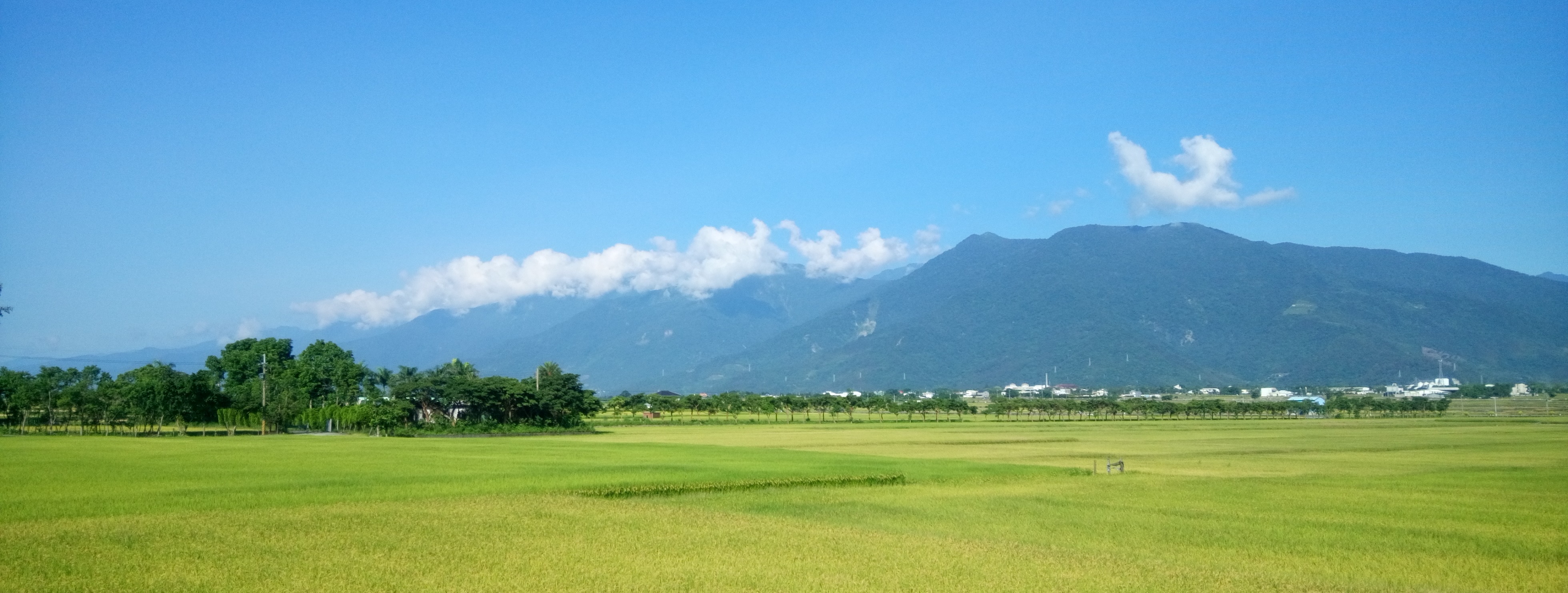Introduction
As Taiwan’s economic development depends highly on trade, many valuable mineral resources also rely on import. Such industries are always hit hard whenever an imbalance of supply and demand occurs, which in turn leads to an increase in the price of limited resources.
Over the past decade, the newly emerging industrial ecology takes the fact that materials can be both a resource and waste very seriously. The economic system leads to reallocation of materials, resulting in massive consumption of resources and in waste problems.
In view of material flow analysis and assessment tools, the high level of interdependence is what can help the eco-industrial society adjust flexibly, digesting its waste while making effective use of resources. Understanding the metabolism of the economic system by using material flow as the basis of cognition allows investigations through various viewpoints and levels. More than 10 years of academic research on material flow assessment and resource management have been done in Taiwan.
Striving to promote future resource productivity, the CTCI Foundation initiated the establishment of the “Promotion Center for Sustainable Resource Management” in 2009, with the cooperation of academic institutions within Taiwan (Currently, there are four institutional members, namely the CTCI Foundation; the Graduate Institute of Environmental Engineering, National Taiwan University; the Chung-Hua Institution for Economic Research; and the School of Environmental Studies, Dharma Drum University.). It is hoped that the Center will be able to work closely with similar institutes abroad to enhance the sustainable use of domestic natural resources..
Objectives
Based on Material Flow Assessment (MFA) and resource management to promote Taiwan’s economic development and environmental protection, as a win-win strategy.
Missions
- Promoting Taiwan’s sustainable resource management strategies so as to upgrade resource productivity.
- Applying MFA to develop sustainable production model and consumption patterns.
- Developing theories, strategies and tools which meet the abovementioned objectives.
- Creating a platform for global information exchange and international cooperation, and sharing the experiences and study results regarding material flow analysis.
Activities and Anticipated Achievements
- Creating a platform for global information exchange and international cooperation, integrating study findings of research centers and industries, and signing cooperation agreements with similar think tanks and research institutes abroad.
- Promoting legislation and/or national strategy.
- Case studies at different levels.
- Introducing and developing MFA-based technological handbooks and software.
- Establishing MFA-based information database structure and data sources.
- Publications
Funding
The CTCI Foundation currently provides partial funding for the Center and encourages the government and industries to introduce more related funding.
